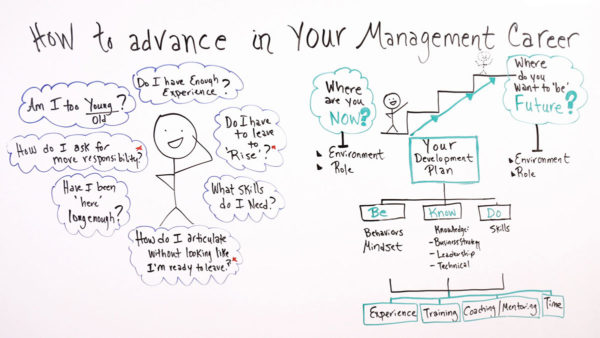- Social Security Administration’s (SSA) notice of award for Social Security Disability Insurance (SSDI) or Supplemental Security Income (SSI) benefits confirming your next scheduled disability review is five to seven years after your most recent SSA disability determination date
School Closure

What if your college or university permanently shuts its doors? The upside is that enrolled or recently enrolled students may use the closure to cancel their federal student loans. If your school is unfortunate enough to fall on a slowly growing closure list, you may be able to cancel 100 percent of your loan obligation.
- Withdraw from school and within 120 days your college or university closes
- Enroll at a school that closes and as a result, you do not complete your program (an approved leave of absence still means you are enrolled) You aren’t eligible if:
- You fully completed coursework for the institution’s program even though you never received a diploma or certificate
- You are completing a comparable program at another school
If it turns out your school falsely certified your eligibility for your federal student loan and you produce sufficient proof of it, you may be able to cancel your loan obligation if your loan is a Direct Loan or FFEL. This type of false certification often comes into play if you did not have a high school diploma or general equivalency diploma (GED). The school you attended through your student loan gave you an exam to ensure that you could benefit from its program; and in giving you the exam, the school did not properly ensure your ability to benefit from the school’s program.
- Gave you an exam that was not an approved ED test
- Gave you an exam allowing more time than the prescribed time
- Gave you an exam and allowed you to discuss test answers with other students You must adequately prove your school falsely certified your ability to benefit. Providing as much supporting documentation to go along with your application to the ED is critical, so research on your part is highly beneficial.
Consider looking into multiple resources to add to your supporting documentation. State and federal agencies may have reports about problems with your school’s ability-to-benefit exams. Consider these resources:
- Make a specific request for files about your school from the ED through a Freedom of Information Act request
Unauthorized Signature or Unauthorized Payment
If you never received the proceeds of your student loan, you may be able to cancel your federal Direct Loan or FFEL obligation in cases involving forgery of your signature on student loan documents. The person who forged your signature must be someone affiliated with the school.
You can apply to cancel your student loan obligation on this basis at any time. However, in supporting your case and filling out the application, you must submit four samples of your signature, not https://badcreditloanshelp.net/payday-loans-oh/ including the signature on your application. At least two of your sample signatures must have been written within one year of the student loan forgery date. You ple signatures to satisfy this requirement on canceled checks or tax returns with proven dates.
If you successfully prove the school forged your signature, you can cancel the remaining loan balance, plus any related costs and charges. You may also receive reimbursement of loan payments already made.
False Certification (Disqualifying Status)

Another way you may be able to cancel your student loan obligation is that if at the time of your enrollment you would have failed to meet the state’s requirements for employment – such as a minimum age, minimum education level, lack of physical or mental condition – in the occupation for which you were being trained.